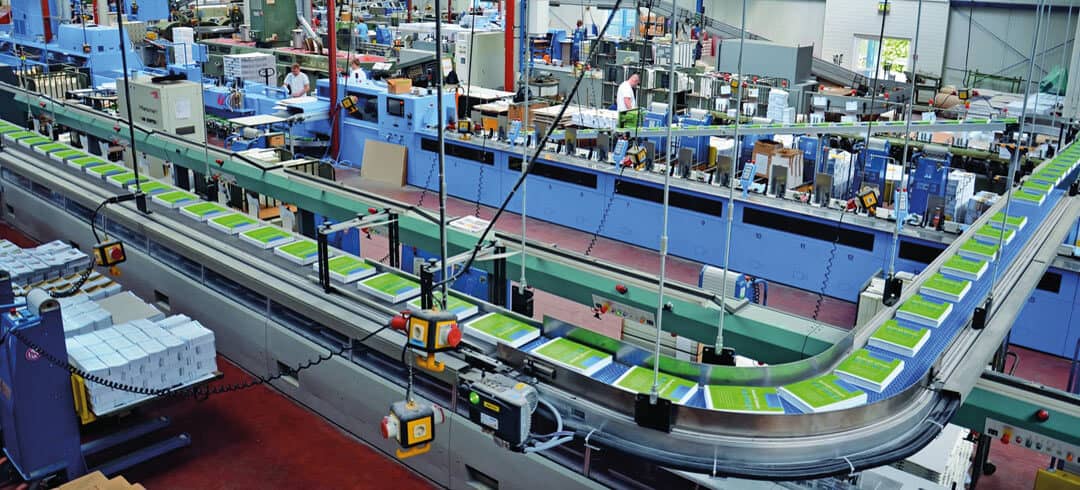Quickly and well equipped with the Alegro
With its short setup times, the Alegro perfect binder is another key element in the master plan at Pustet in Regensburg, Germany
As publishing companies seek to continually reduce their storage and logistics costs, the number of copies per title they print continues to drop as well. Runs of first editions are 30% shorter on average compared to ten years ago. As a result, publishing companies have to be more flexible when it comes to reprints. If a company can guarantee short setup times, it is well-positioned compared to the competition. Friedrich Pustet GmbH & Co. KG in Regensburg, Germany, came up with a master plan to deal with the changes in the industry. In addition to investments in sheet-fed offset and its joint forming machine line-up, the long-established Bavarian company commissioned an Alegro perfect binder for its softcover production, which makes up one third of its turnover.
“The short setup times are a highlight of the new perfect binder,” says the Bindery Manager Jens Dettloff. “Its great flexibility in sizes and modular design also fit well into our plans.” The company’s excellent experience with a Muller Martini modular binder and the successful tests with folded signatures between 36 and 120 gr/m2 and book block thicknesses between 3 and 60 mm made it easy for the family-run business in Regensburg to opt for the Alegro. The extensive perfect binding line includes a 3694 24-station-gathering machine, an endsheet feeder, a high-frequency dryer, a 90-meter drying section, a Solit three-knife trimmer, a Frontero front trimmer and a book stacker.
Although the new Alegro is set up for PUR, Pustet binds 80 percent of its books using emulsion cold glue. “The cold gluing technique makes for flexible spines and optimal layflat behavior,” says owner Paul Pustet with conviction. The managers of the company are also enthusiastic about the high quality of the end products. “The Alegro allows us to meet our high quality standards,” says Managing Director Ursula Pustet.
This helps the publishing company, which printed guiding works for the Catholic Church for many decades, to uphold its reputation. Today, it generates 93 percent of its turnover in the open market and produces mostly fiction, but also school textbooks for 70 publishing companies in German-speaking countries.

The Alegro’s short setup times, great flexibility in sizes and modular design is exactly what Pustet was looking for.